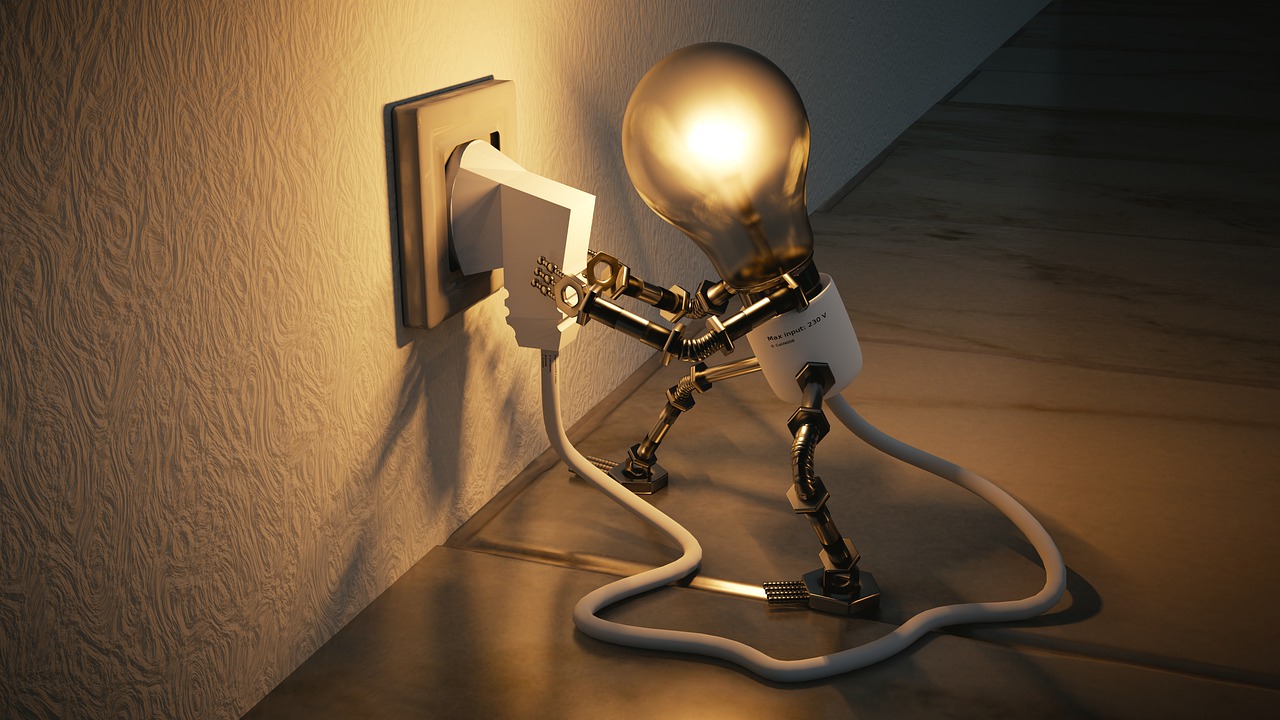This is part 1 of an instructional series on how to get the best possible live tone.
Part 1 – Introduction & General Information
Part 2 – Your Guitar
Part 3 – Amplification and Effects
Part 4 – Live Sound at the Gig
Introduction
There’s nothing quite as satisfying as a killer guitar tone at a live gig. It’s the Holy Grail for all serious guitar players and for anyone who’s aural inclined. This tutorial is aimed at all players, from the novice through the professional.

The X-Factor
I’d like to start by addressing what I believe is the most important point for determining how good your tone is. You may have heard the saying: “tone is in the fingers”. This statement is 100% true! Jazz virtuoso Larry Carlton stumbled across a guitar in the studio one day. He picked it up and began playing it. Someone in the room said to him: “that’s a great sounding guitar!” As a joke, Larry put the guitar back down on the table and proceeded to ask: “is it a great sounding guitar now?” The idea being that a guitar is just a piece of wood without the human element added to it. It only makes sense that a guitarist with a great touch will make even a “bad” guitar sound good.
If you’re a novice guitar player, my advice would be to devote all your attention to learning your instrument in the beginning stages. Once you’ve discovered your voice and the type of music you’re interested in playing, then you’re in a better position to make the appropriate decisions when it comes to guitar tone. Many great guitarists learned to play on the most insignificant gear. The first step to great guitar tone would be to find a skilled guitar teacher – someone who is able to see things that you can’t and give you the correct guidance and advice on how to practice.
Finally, you shouldn’t be devoting ALL your time to searching for the “perfect tone”. Yes, getting to know your gear and experimenting with different sounds is very important, but at the end of the day it’s what you’re playing that counts. Joe Walsh has some great advice: “just plug your guitar into your amp and play!” The idea being that you should never let the concern for good tone affect your performance. Yes, awful tone can be discouraging, but if you’re playing live you should learn to not let it throw you when it crops up.
Studio Tones
While it’s important to have a clear picture in your mind of the type of sound you’re after, you should also be realistic in your expectations. When guitars are recorded in a studio, they are usually doubled tracked resulting in a much wider and fuller sound. If you’re referencing guitar tone from your favorite album, keep in mind that after the sound leaves the guitar amp it’s still being affected by a mixing console, various processors, equalization, compression and mastering. So while it’s not possible to get those fat double tracked guitar tones in a live situation, it’s certainly possible to still achieve killer tone.
Quick Performance Tips
If you want to grow in leaps and bounds as a musician, you should strive to play with people who are better and more experienced than you are. This will give you an edge on learning how to play tastefully, with good timing as well as dynamics. You will also get a clearer understanding of how to properly use your instrument and amplification in the context of a full band. But it doesn’t stop there. You want to make it a priority to learn from others and ask them questions on how they achieved their tone.
It’s also a given that when performing live you want to know your material to the best of your ability. This means that you will be able to express yourself with confidence, which in turn can only affect your overall tone in a positive way. I always strive to learn my parts to the point where I can play them without having to think about them. This also allows me more opportunity to listen to the other instruments in the band, and execute my parts in a way that better suits the bigger picture.
